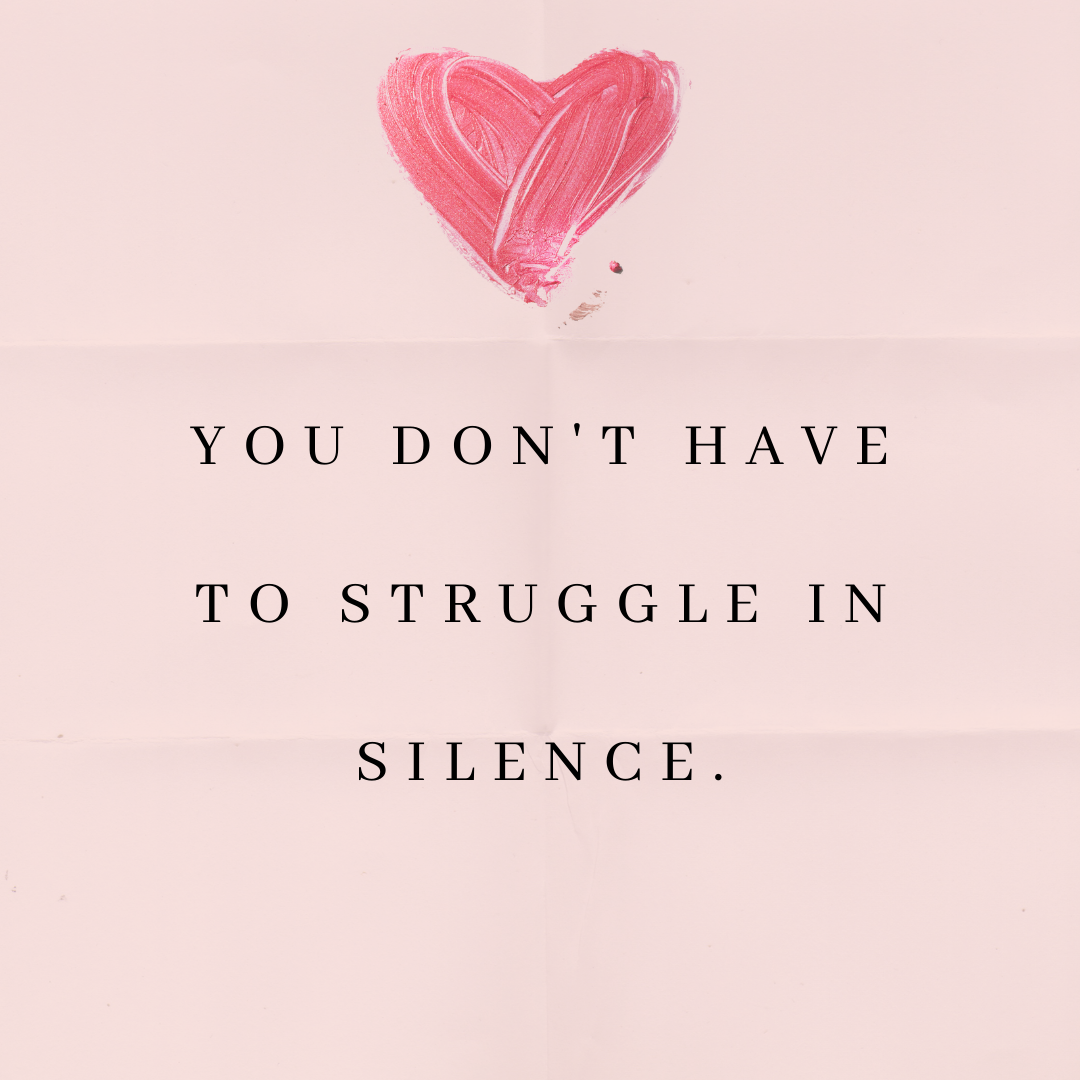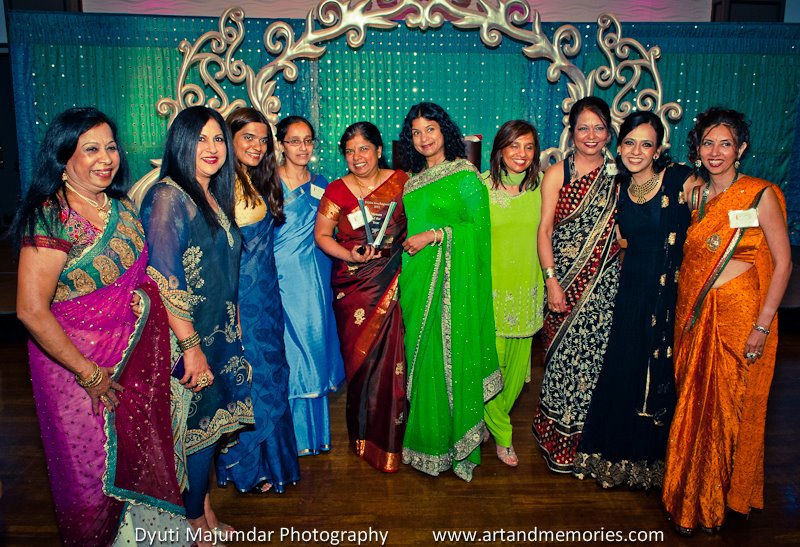On May 29th, Saheli hosted a conversation on mental health to mark May as Mental Health Awareness Month. Led by interns Helly Patel and Aditi Joglekar, the event was attended by 20 guests. They ranged from high school to college students from all over Massachusetts, a representative from Asian Women Health, and representatives from Mann Mukti, an organization dedicated to addressing South Asian mental health issues. The workshop focused largely on the stigma surrounding mental health in the South Asian community and how participants can take steps to normalize mental health in their communities. The moderators posed questions in an open discussion forum regarding participants’ personal experiences with mental health as South Asians. Some felt sharing their mental health experiences with their parents posed challenges due to the cultural gap in understanding mental health as a serious issue. Licensed counselor Shubh Agrawal was of the opinion that we should find creative ways to communicate what we feel with parents, but sometimes it might be better to avoid conversations that might be distressing.
Aditi Joglekar shared her experience of hosting a mental health workshop at the University of Massachusetts, Amherst in conjunction with Saheli. Joglekar said that this was her first major step to working towards normalizing mental health in her South Asian community by having an open conversation about it. She also mentioned the importance of having conversations in her personal life about mental health with family and friends who are South Asian. Joglekar acknowledged, however, that sometimes it is not beneficial to talk about mental health with people who will exacerbate mental health struggles, making conversations counter productive. In the workshop, some participants talked about their families’ high, and sometimes unrealistic expectations for them. Such high expectations had a negative impact on some participants who continuously felt that they were not doing enough to please their family particularly as students. The high expectations South Asian parents often have for their children acts as an impediment to mental health as the feeling of unworthiness can worsen existing mental health conditions or lay the groundwork for future mental health struggles. A participant mentioned that South Asians particularly seem to have a competition in their lives to see who has the highest threshold for mental pain. Those who can withstand the most mental anguish in pursuit of their professional goals are the ones who are rewarded and celebrated for pushing through hardship, despite the toll such pain takes on individuals’ mental health. When discussing solutions, it was suggested by Shubh Agrawal that individuals find therapists who they are comfortable with. She further explained that finding a therapist who understands cultural dynamics can go a great length in helping individuals, who may feel more understood by a South Asian therapist, effectively allowing the therapy to be more productive. Overall, the workshop was a safe and educational space for participants to discuss their experiences with mental health within the South Asian experience, learn about the importance of destigmatizing mental health, and how to take steps to normalize mental health within their own communities.



